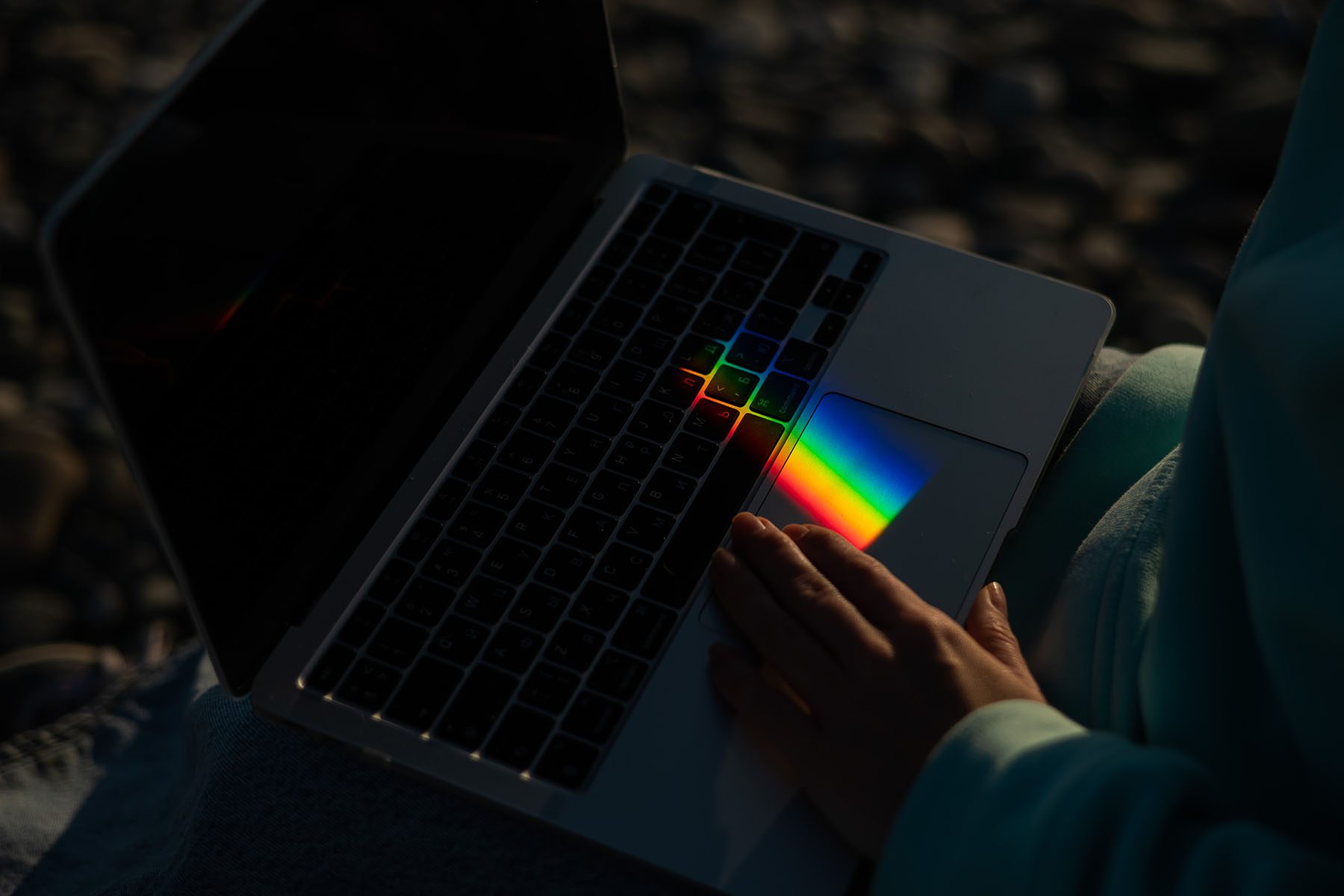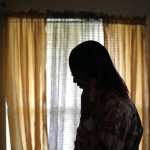Largely driven by Gen Z, the number of Americans who identify as LGBTQ+ reached a new record this year after growing steadily since 2012. And among LGBTQ+ people, bisexuality is the most common sexual orientation, according to Gallup.
Despite how common bisexuality is, many bisexual people do not feel safe to be out to anyone at work. About 1 in 3 cisgender bisexual people are not out to any of their coworkers, the Williams Institute at the UCLA School of Law found in a new report. Even if they are out at work, many bisexual people still take steps to hide their personal lives or change their appearance, likely in order to avoid harassment.
Fifty-seven percent of LGBTQ+ Americans identify as bisexual, Gallup found from 2021 data, and 15 percent of Gen Z adults are bisexual. And yet, bisexual people are more likely than gay and lesbian employees to change their appearance at work to cover their sexual orientation, the Williams Institute found. Bisexual men, when they are out, are more likely to experience verbal and physical harassment while on the job. They are also the most likely to be closeted at work.
Sixty percent of out bisexual men reported physical, verbal or sexual harassment at work, the Williams Institute found, compared to 48 percent of gay men and 38 percent of bisexual women.
The masking behaviors reported most often among bisexual men in the study — changing their voice, hairstyle and dress at work — may be part of wanting or needing to fit into a traditionally masculine presentation to avoid being stereotyped, said Christy Mallory, lead author of the study and legal director at the Williams Institute.
Overall, cisgender bisexual employees in the Williams Institute’s study reported less workplace discrimination than gay and lesbian workers, which the study suggests is caused by fewer bi people being out at work.
But the study results signal that discrimination against bi people may be more prevalent, and more invisible, than we think, Mallory said.
“Although we focused on the workplace, this could be a more pervasive issue in people’s lives, this kind of covering and concealing to avoid discrimination,” Mallory said.
LGBTQ+ employees overall are more likely to experience workplace discrimination than straight people, and within those identities, certain people are more at risk of discrimination than others. Transgender people are significantly more vulnerable to being fired or not hired based on their identity, as well as LGBTQ+ people of color.
Twenty-one percent of 1,086 LGBTQ+ professionals polled by LinkedIn in May said they are not open about their sexual orientation or gender identity in the workplace. Among those who are not out, 33 percent said they are closeted at work in order to avoid workplace discrimination based on their LGBTQ+ identity like microaggressions or name-calling.
-
Read Next:
Twenty-four percent said they don’t want their sexual orientation and gender identity to affect their career advancement, while 23 percent said they don’t feel safe sharing their identity due to anti-LGBTQ+ bills being introduced in states across the country and other current events affecting the community.
If an LGBTQ+ person feels like they can only come out to some of their colleagues, then their company has not created an environment where people can feel safe, said Rosanna Durruthy, vice president of diversity, inclusion and belonging at LinkedIn, when discussing the organization’s data with The 19th in July.
“Not being authentically themselves, obviously, has an impact not only on their health and well-being … but it really is a form of avoiding workplace discrimination,” Durruthy said.
Thirty-three percent of LGBTQ+ professionals reported exhaustion from spending time and energy hiding or protecting their identity at work, within LinkedIn’s survey.
“Covering or concealing your sexual orientation can be stressful,” Mallory said.







